
BESTINDUSTRIALCHEMICALS MANUFACTURERININDIA
Major
Sectors
of the Chemical Industry and Their Global Market Impact
Presented
By : Chad
Gibbons
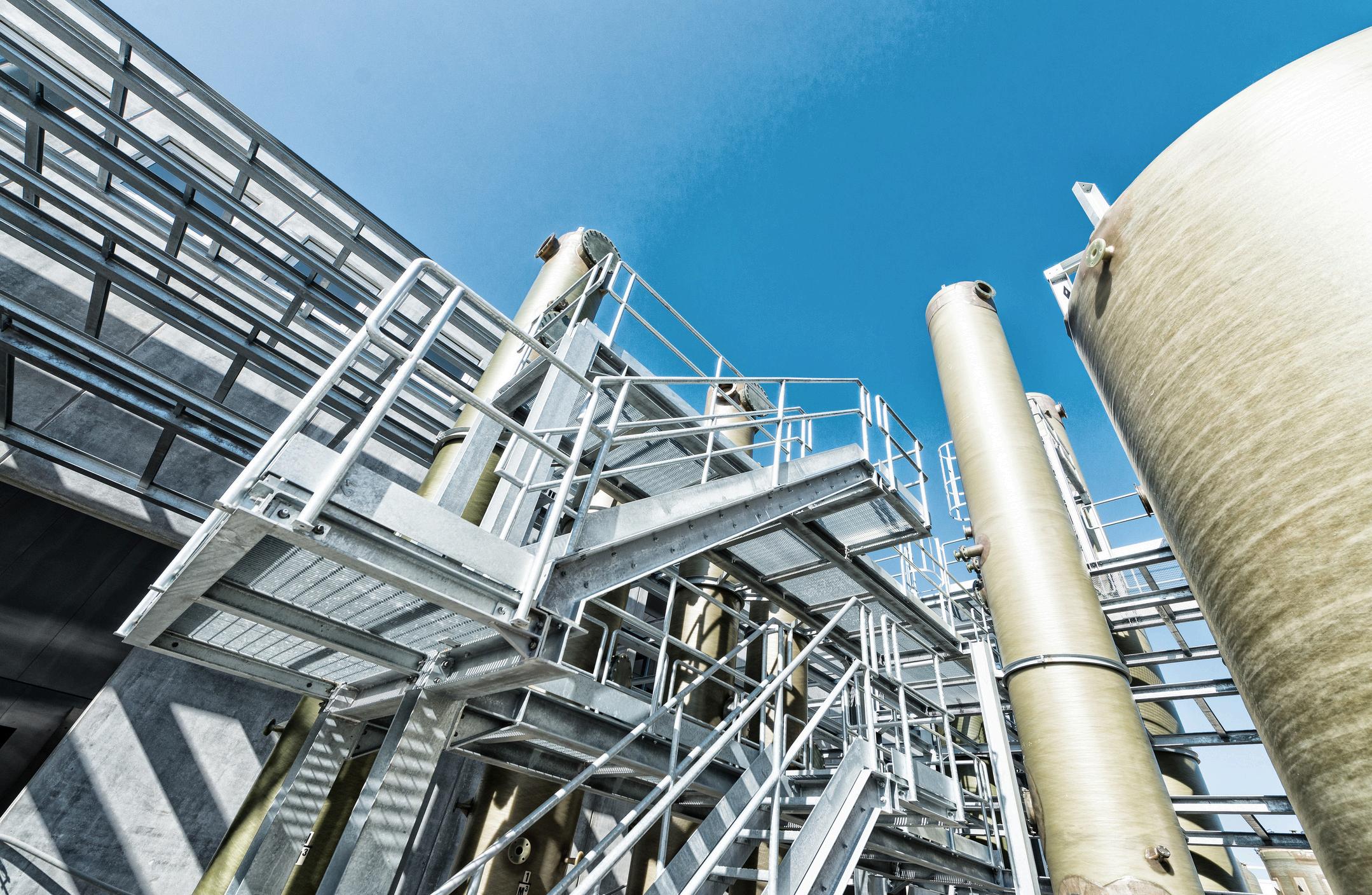
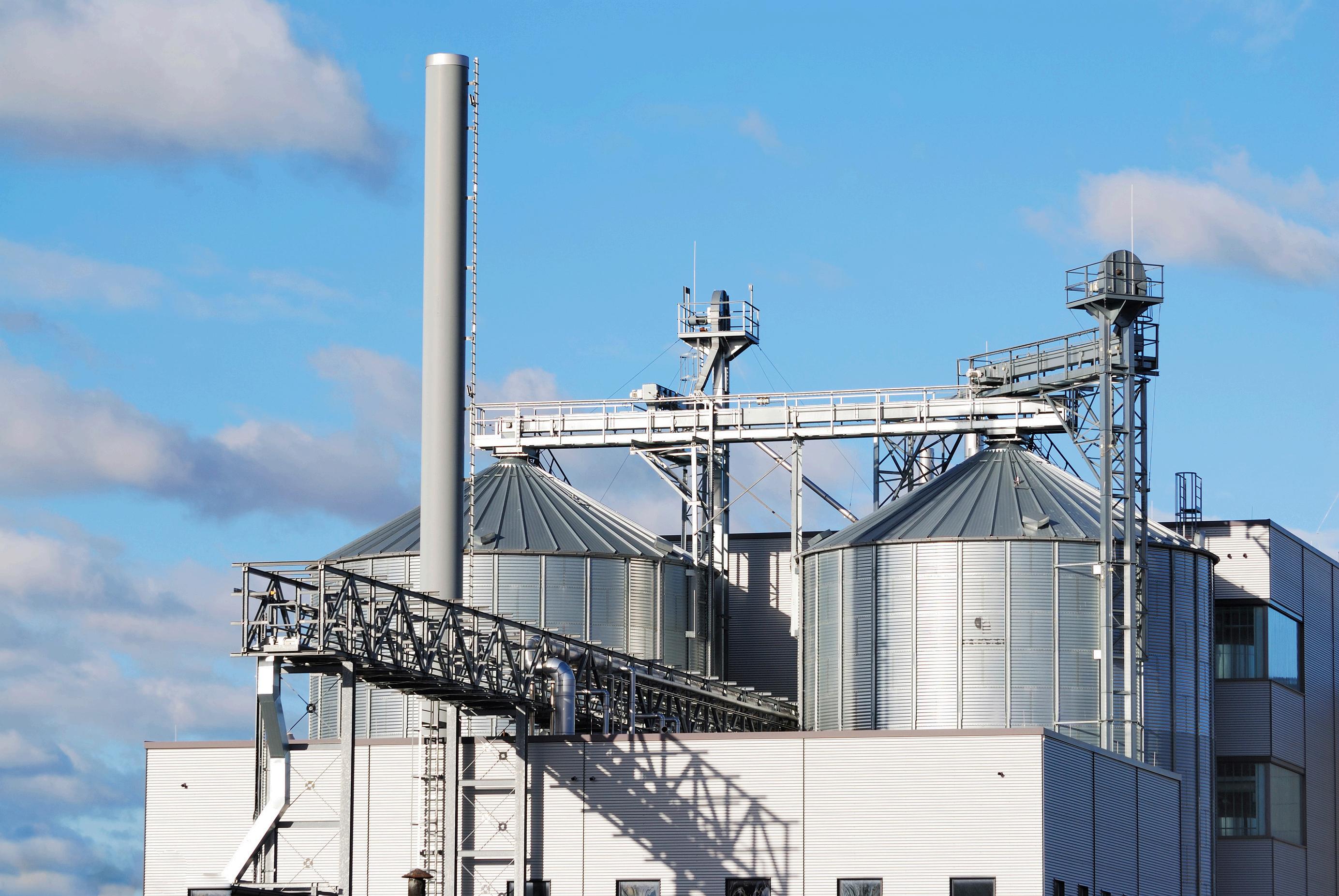


Major
of the Chemical Industry and Their Global Market Impact
Presented
By : Chad
Gibbons


The chemical industry is a vital sector that produces a diverse range of products by converting raw materials such as oil, natural gas, minerals, and biomass into usable chemicals and materials. This industry supports a wide range of industries, including agriculture, pharmaceuticals, construction, electronics, and manufacturing, by providing essential compounds such as fertilizers, pharmaceuticals, polymers, and cleaning agents.

The chemical industry is divided into three key sectors basic chemicals, specialized chemicals, and consumer chemicals. Petrochemicals, polymers, and inorganic chemicals are examples of basic chemicals that serve as the foundation for many industries. Adhesives, coatings, and additives are examples of specialty chemicals that are tailored to specific applications and performance requirements.
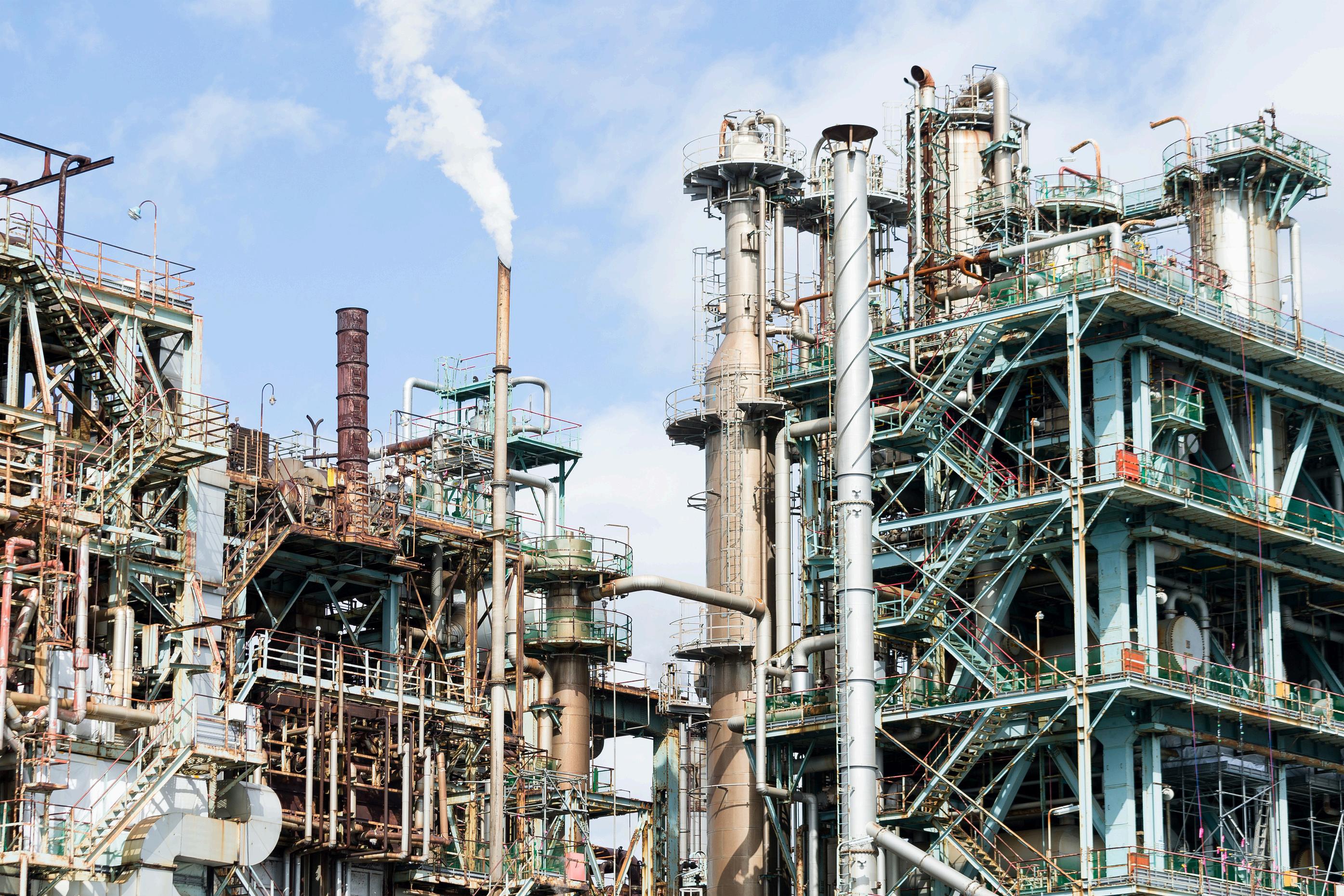
Natural resources such as crude oil, natural gas, minerals, metals, air, and water are used as raw materials in the chemical industry, where they are turned into useful products through various manufacturing processes. Chemical reactions, separation procedures, and refining methods are frequently used to turn raw materials into intermediate or final products.
The chemical industry is critical to the world economy because it provides key materials for industries such as agriculture, healthcare, building, transportation, and manufacturing. It promotes innovation, facilitates technological improvements, and makes important contributions to international trade and employment.
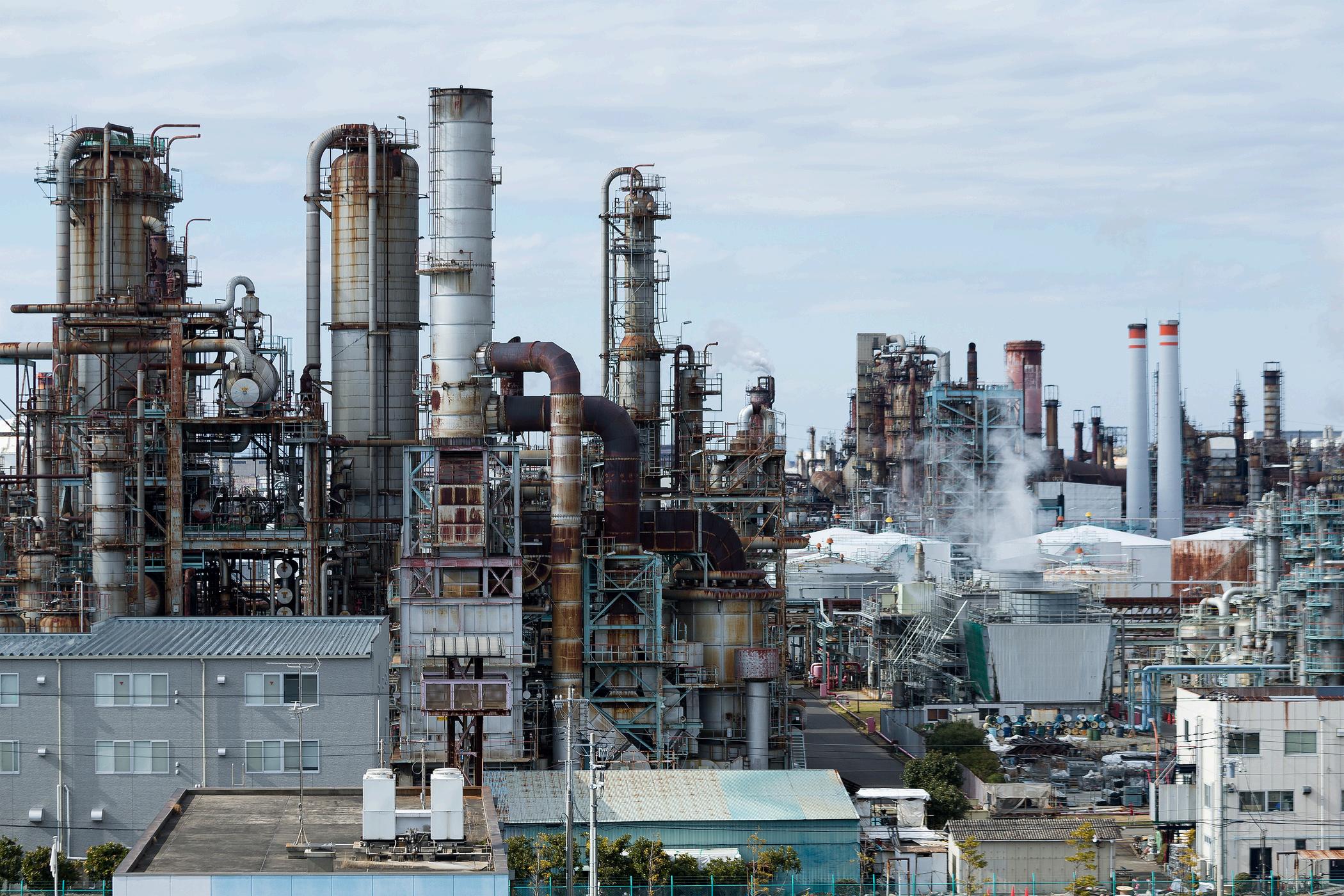
The chemical industry has a substantial environmental impact because its activities can produce greenhouse gases, waste, pollute water, and deplete resources if not managed properly. Challenges include limiting harmful consequences, reducing reliance on non-renewable raw materials, and ensuring safe waste disposal.

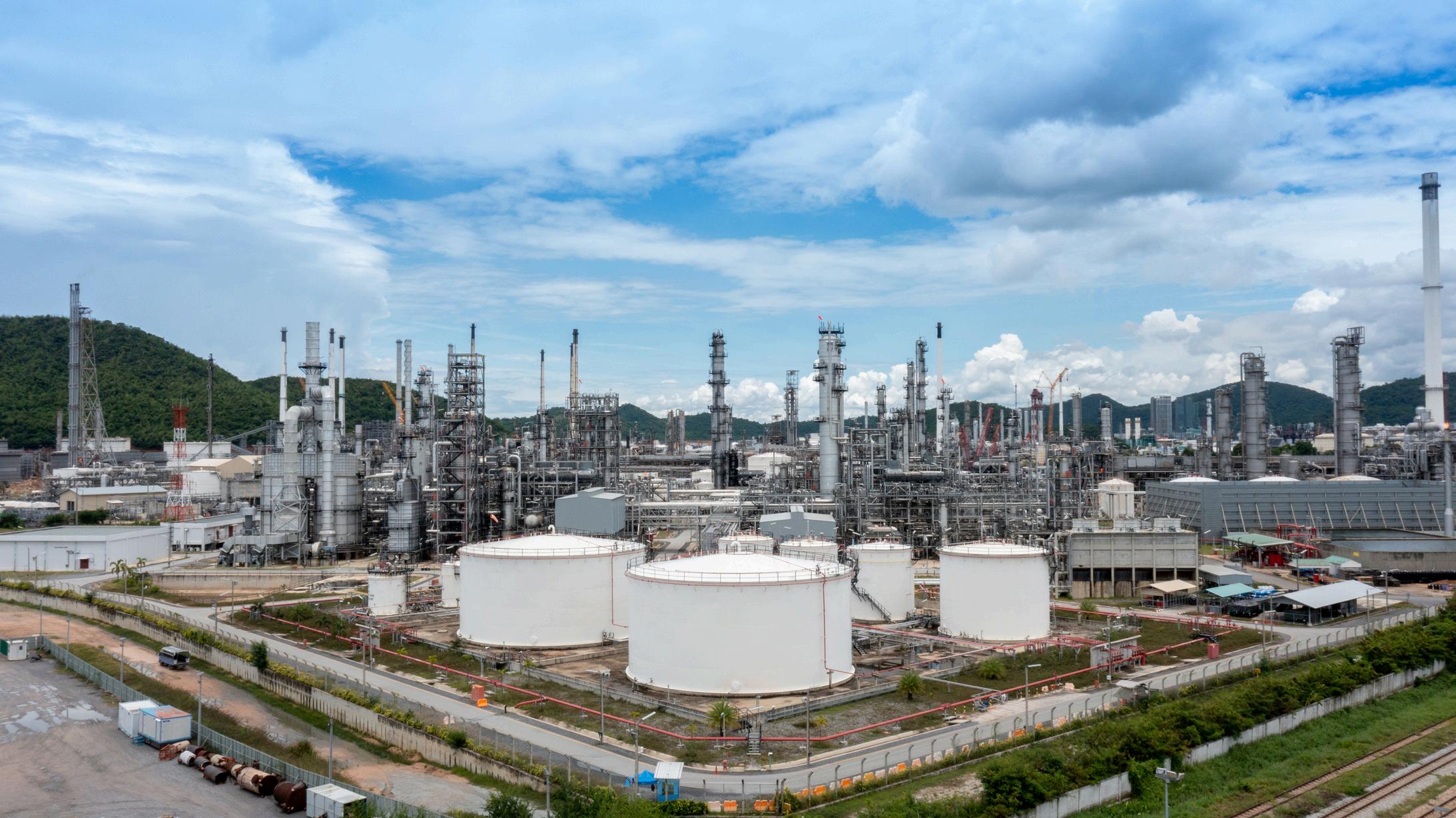
The chemical industry's growth and sustainability rely heavily on innovation and technology, which enable the creation of new materials, safer procedures, and more efficient manufacturing methods. Advances in nanotechnology, biotechnology, and process automation have resulted in significant improvements in product performance and environmental safety.

The chemical industry's future prospects are driven by rising worldwide demand, sustainability aspirations, and rapid technological progress. As industry and customers seek environmentally friendly solutions, green chemistry, renewable raw materials, and circular economy methods are gaining traction. Emerging markets, particularly in developing countries, present enormous development potential as a result of industrialization and improving living standards.
The chemical industry is a cornerstone of contemporary society, supplying critical materials and inventions that benefit a wide range of industries and improve people's quality of life around the world. It promotes economic growth and global trade through its various industries, advanced manufacturing methods, and ongoing technological advancement.